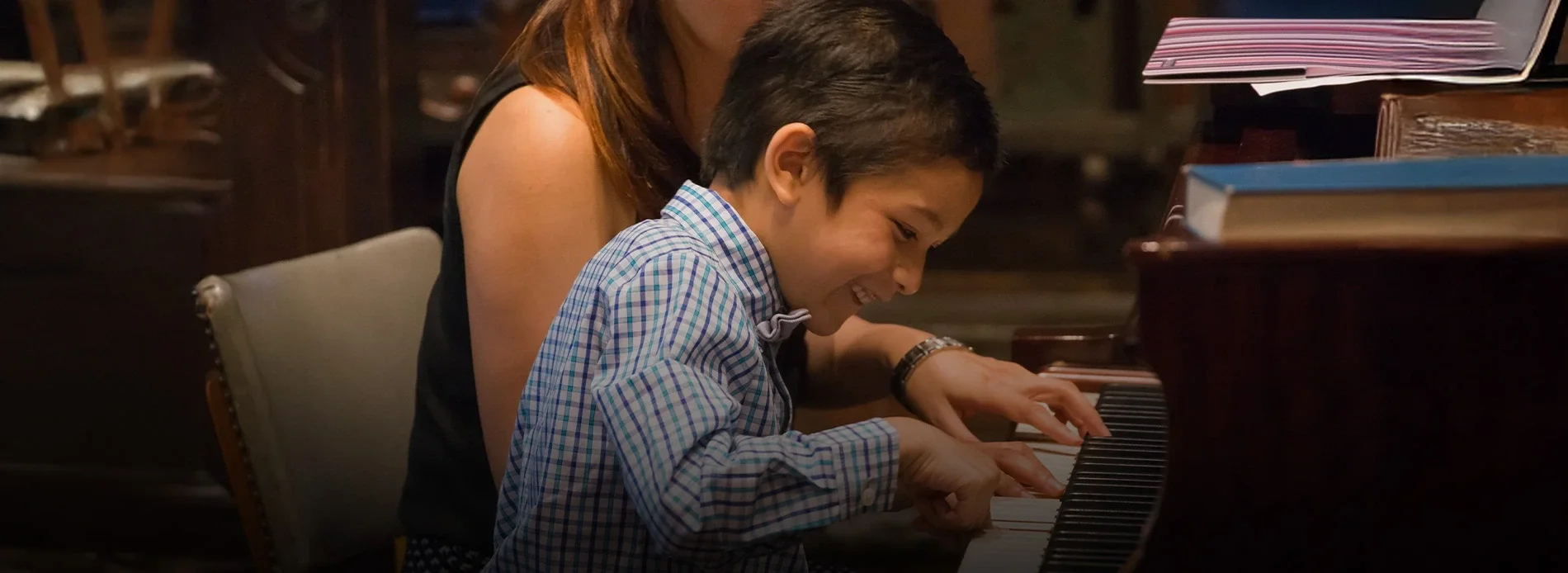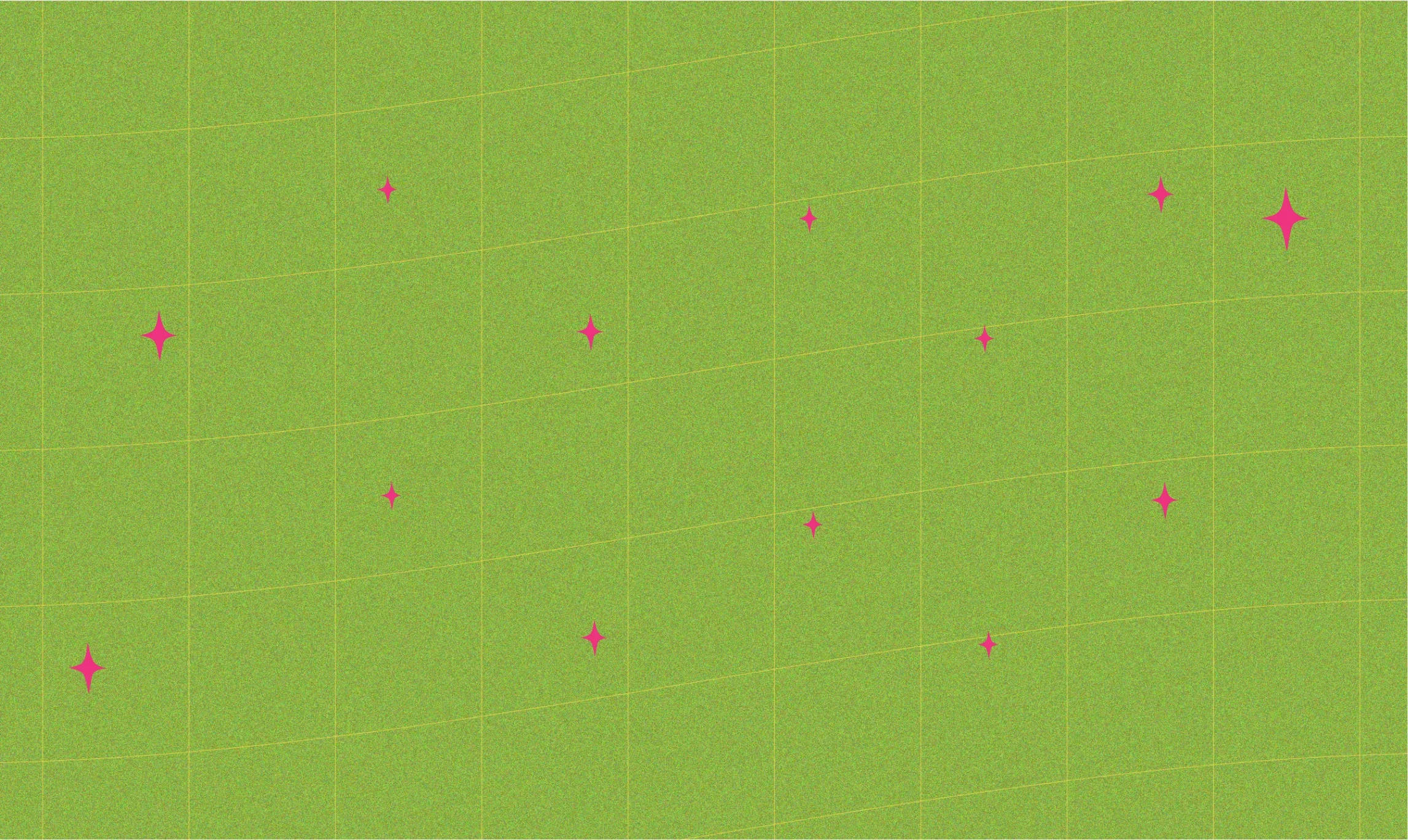
Musicreative™
Music Learning Designed for Every Ability

What is Musicreative™ ?
Musicreative™ is Hug Music’s original music education program, created for children of all abilities. More than just learning an instrument, your child embarks on a journey of musical discovery that nurtures the whole person, emotionally, cognitively, and socially.
“Every child can learn and succeed when given the right tools
and music has the power to unlock their unique Musical Self.”
Musicreative™ is a unique and original music education method developed in 2008 by Kana Kamitsubo, MT-BC, music educator and founder of Hug Music.
Drawing on her extensive professional experience, Kana’s approach integrates specialized techniques and insights to make music learning accessible, expressive, and developmentally supportive for all children.
Kana’s vision continues to guide Hug Music in empowering every child to grow through music.
You can download the flyer here.
Our Purpose Is Simple:
To help your child grow through music lessons, both as a musician and as a person. Every lesson is designed to spark joy in learning music, build confidence, and nurture important life skills that go far beyond the classroom..
What Parents Say

What Makes Musicreative™ Special

Learn with Joy
Your child discovers music in a fun, personalized way that keeps them motivated.

Grow as a Whole
Music nurtures both the musician and the person, boosting skills such as attention, confidence, and motivation.

Multi-Sensory Learning
Instruction utilizes colors, visuals, hands-on, movement and singing via various music activities & instruments, every child finds their unique way to connect with music.

Life Skills Beyond Music
Your child gains focus, self-esteem, and social connection that support them in every part of life.
Taught by Highly Trained Instructors
Our Musicreative™-trained instructors are equipped to understand each student’s unique learning style, pace, preferences, and needs, and to tailor each class accordingly.
Key Outcomes
Inside Our Sessions
Warm-Up & Readiness
Various music activities that help your child get ready to learn, strengthen attention, and build the foundation for musical growth.
Tailored Music Instruction
Lessons are carefully adapted to your child’s learning style, interests, strengths and attention span, so they feel supported and successful
Skill Building
Step-by-step learning in piano, guitar, singing, and music theory, designed to discover and strengthen your child’s natural musical abilities.
Confidence Moments
Every achievement—big or small—is celebrated to motivate your child and keep learning joyful. Our success-oriented approach ensures that learning music is fun and helps build confidenc

How to Get Started
Enroll to our school semester.
New students can start with a 5-week starter’s package. The package provides weekly 30-min private lessons (once a week) for 5 weeks.
Got Questions?
If you have questions, or want to schedule a call or tour, please email us at contact@hugmusicny.com
What's Included In a Five-Week Package
1
Initial Consultation
A 15-minute phone call with your child’s instructor before the first session to learn about your child.
2
Week 1: First Session
30-minute introductory lesson + we carefully observe & learn your child’s learning style.
3
Weeks 2–5: Weekly Lessons
Four 30-minute sessions tailored to your child’s strengths, interests, progress and unique needs.
4
Second Consultation
After Week 4, another 15-minute call to share progress and personalize next steps.
5
Progress Report
A written summary to help you and your child’s instructor plan the future path.
Tuition: $435 (+ $40 one-time registration fee for new students).
Free 15-minute consultation available with Ms. Kana, director of Hug Music.

Frequently Asked Questions
-
Piano, Guitar, Ukulele, Voice and Songwriting.
-
This class is available for individuals with all abilities.
-
Because we are dedicated to understanding each child’s unique strengths, learning style, and innate musical abilities, we offer a 5-week Musicreative™ introductory package. This allows the student to gradually build a rapport with the instructor and become comfortable with the learning environment and structure. During this time, the instructor also gets to know the child in depth, and parents can assess whether the class is a good fit for their child.
-
While many families have successfully received OPWDD reimbursement for the Musicreative™ program, funding decisions are made solely by OPWDD. Please consult your Fiscal Intermediary (FI) for details on the approval process.You can download the flyer here.
-
No, Musicreative™ is not music therapy. Musicreative™ is a music instruction incorporated with music therapy techniques, knowledges and skills in order to meet each individual's unique needs and help individual successfully learn music.
While music therapy is a form of treatment that solely focuses on improving clients' non-musical goals such as social and cognitive skills, Musicreative™ program is a music class that students learn music theory, singing, and how to play instruments.
Although there are overlapping areas that Musicreative™ can address such as attention and learning skills, Musicreative™ is not a form of treatment but music lesson.

